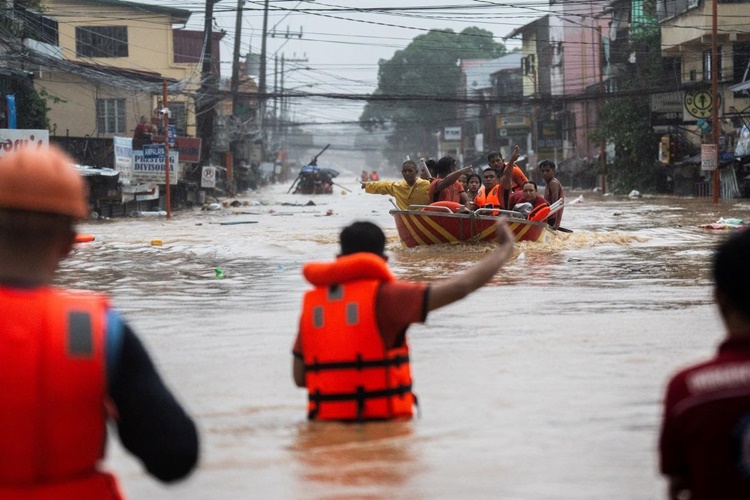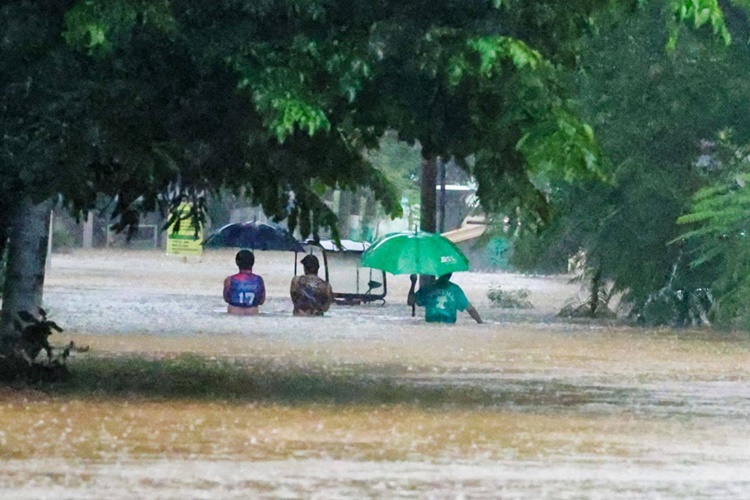Amid Flood due to Typhoon Carina, DOH Posts Reminders for Public
DOH – The Department of Health is reminding the public that flood is not a swimming pool amid the expected rise in leptospirosis cases.
Typhoon Carina brought heavy rains and strong winds in the Philippines which added to the strength of the southwest monsoon or the habagat. The storm was initially forecasted with the capacity to be a super typhoon.

Typhoon Carina damaged homes and livelihoods in the Philippines. Fatalities were also recorded in several areas in the country most especially in Luzon. The Metro Manila Council declared a State of Calamity in the National Capital Region (NCR) due to the impacts of the storm. Thousands of families were evacuated for their safety.

The heavy rains and strong winds that went on for days resulted to flooding in several cities across the nation. It prompted President Bongbong Marcos to call for a National Flood Control Plan to avoid the same situation from happening again. There are a lot of risks in flooding aside from the damages it can caused on properties.
Recently, the Department of Health, more popularly called DOH, reminded the public that flood is not a swimming pool and there are risks in submerging in floodwater. The health department cited leptospirosis, a disease from rodents’ waste, as one of the main risks.
Leptospirosis is caused by live bacteria from the wastes of rats. Based on a report on ABS-CBN News, the DOH reported 1,258 cases of the disease as of July 13, 2024. The cases of leptospirosis recorded by the health department are on a downward trend for six weeks since June.
However, after Typhoon Carina left several areas in the Philippines flooded, DOH is expecting a rise in the leptospirosis cases in the country in the coming days and weeks. Based on the report, the said disease from rodents has 5 to 14 days incubation period.
The initial symptoms of the disease caused by infection from rodents’ waste include fever, headache, and nausea. The more noticeable symptoms include yellowish skin, eye redness, and muscle pain from the back to the ankles.
According to the Department of Health, it has already sped up the delivery of the medicines against leptospirosis. It can be treated in the early stages but the experts stressed that the most effective way is to avoid submerging in flood and cleaning the surroundings.
DOH reminded the public that the more trashes there are in the surroundings, the bigger is the chance of the said disease as rodents multiply fast in a dirty environment. Based on the article, the health department also appeal to the public to be careful against other water-borne diseases and to avoid stagnant waters which may trigger the spread of dengue.
